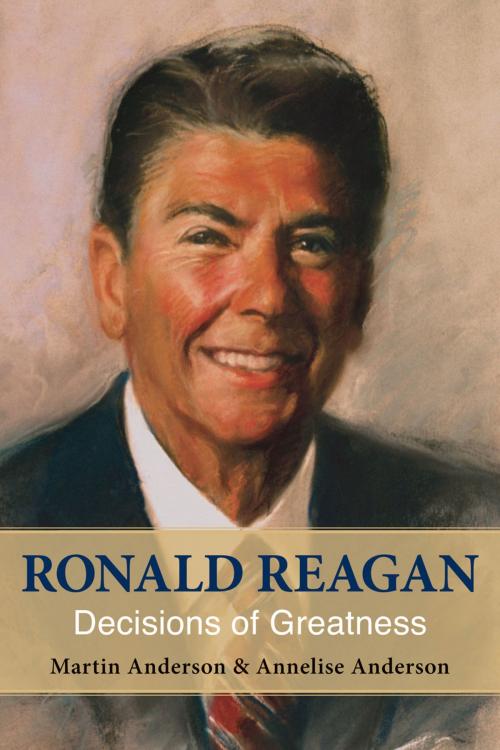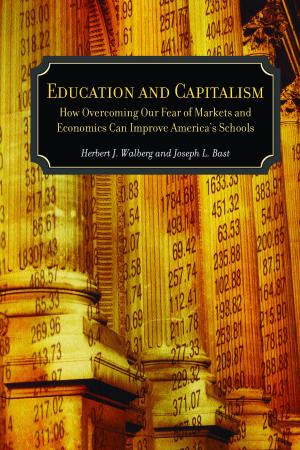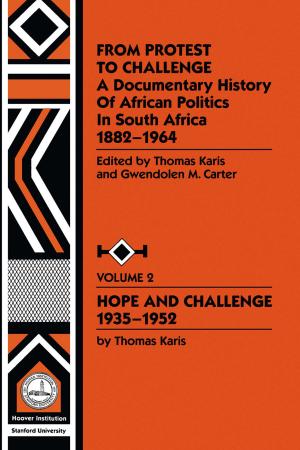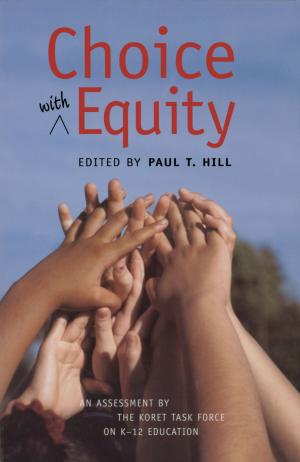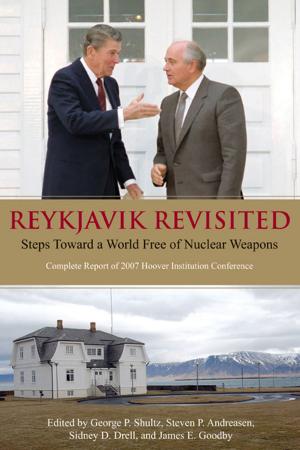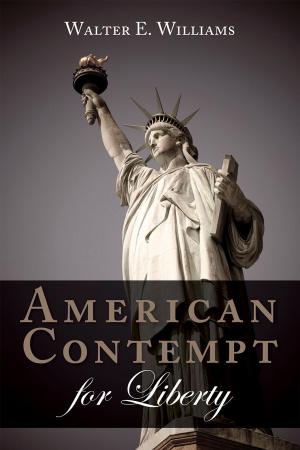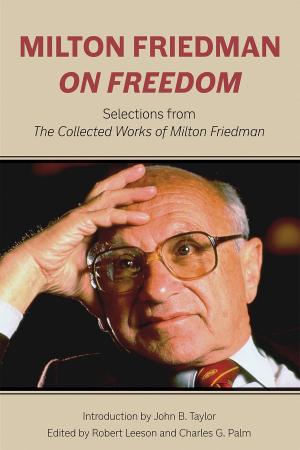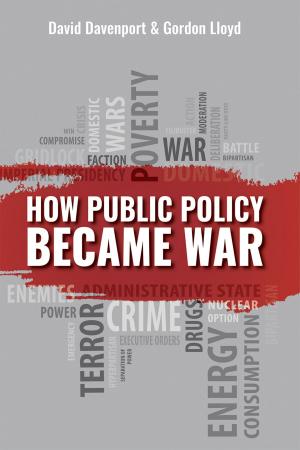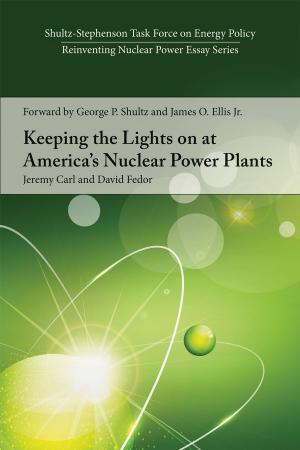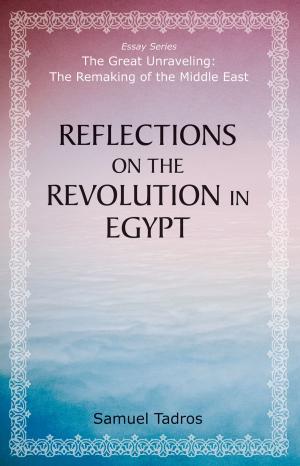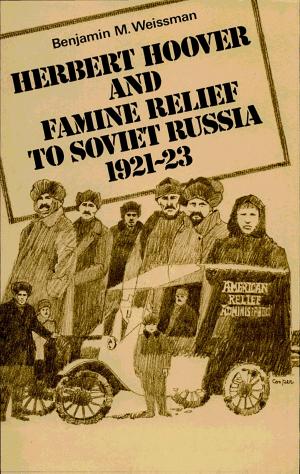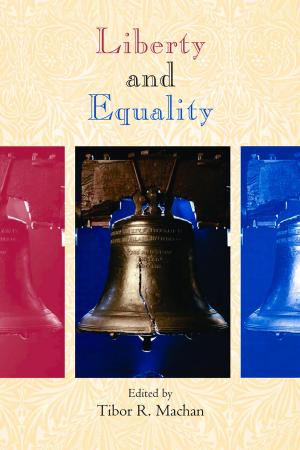Ronald Reagan
Decisions of Greatness
Biography & Memoir, Political, Nonfiction, History, Americas, United States| Author: | Martin Anderson, Annelise Anderson | ISBN: | 9780817918361 |
| Publisher: | Hoover Institution Press | Publication: | February 1, 2015 |
| Imprint: | Hoover Institution Press | Language: | English |
| Author: | Martin Anderson, Annelise Anderson |
| ISBN: | 9780817918361 |
| Publisher: | Hoover Institution Press |
| Publication: | February 1, 2015 |
| Imprint: | Hoover Institution Press |
| Language: | English |
Ronald Reagan's Cold War strategy was well established in his first year in office and did not change throughout his presidency. It was to make absolutely sure in the minds of the Soviets that they too would be destroyed in a nuclear war—even as Reagan sought an alternative through strategic defense to make nuclear missiles obsolete and thus eliminate the possibility of an all-out nuclear war. This book offers new perspectives on Ronald Reagan's primary accomplishment as president—persuading the Soviets to reduce their nuclear arsenals and end the Cold War. It details how he achieved this success and in the process explains why Americans consider Reagan one of our greatest presidents. The authors examine the decisions Reagan made during his presidency that made his success possible and review Reagan's critical negotiations with Soviet leader Mikhail Gorbachev—ending with the 1988 Moscow Summit that effectively ended the Cold War. They present Gorbachev's thoughts on Reagan as a great man and a great president 20 years after he left office. But ultimately, they reveal the depth of Reagan's vision of a world safe from nuclear weapons, painting a clear portrait of a Cold Warrior who saw the possibility of moving beyond that war.
Ronald Reagan's Cold War strategy was well established in his first year in office and did not change throughout his presidency. It was to make absolutely sure in the minds of the Soviets that they too would be destroyed in a nuclear war—even as Reagan sought an alternative through strategic defense to make nuclear missiles obsolete and thus eliminate the possibility of an all-out nuclear war. This book offers new perspectives on Ronald Reagan's primary accomplishment as president—persuading the Soviets to reduce their nuclear arsenals and end the Cold War. It details how he achieved this success and in the process explains why Americans consider Reagan one of our greatest presidents. The authors examine the decisions Reagan made during his presidency that made his success possible and review Reagan's critical negotiations with Soviet leader Mikhail Gorbachev—ending with the 1988 Moscow Summit that effectively ended the Cold War. They present Gorbachev's thoughts on Reagan as a great man and a great president 20 years after he left office. But ultimately, they reveal the depth of Reagan's vision of a world safe from nuclear weapons, painting a clear portrait of a Cold Warrior who saw the possibility of moving beyond that war.
